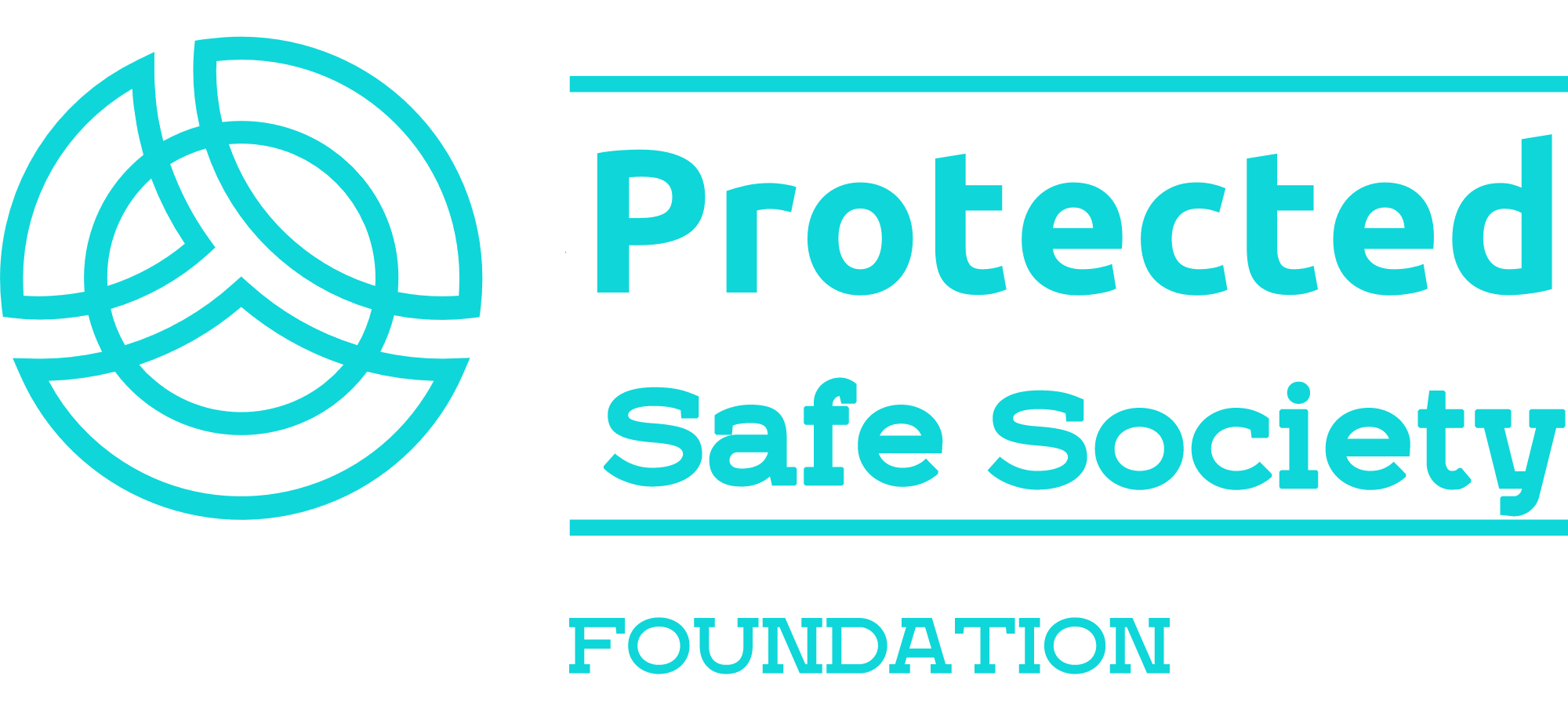The European Commission rejected the request of Hungary and Slovakia to mediate in the matter of the Kiev sanctions against the Lukoil Russian oil company, as reported by the spokesperson of the EU Commission on Friday. With this step, Brussels left two EU member states on their own, offering no assistance to them.
According to the information, the commission concluded that immediate consultation was not necessary. The spokesperson stated that Brussels did not see any indication that the Ukrainian sanctions would jeopardize European energy security.
“The sanctions imposed on Lukoil do not affect oil transit operations through the Friendship pipeline unless Lukoil is the official owner of the oil,” the spokesperson said.
In late June, Kiev imposed sanctions on Lukoil, one of the largest Russian oil companies, prohibiting any activity in Ukraine. Budapest and Bratislava previously stated that the Kiev move to sanction the oil conglomerate jeopardized the security of supply.
This week, Hungary also provided the Commission with further supplementary information on the matter, which the body stated it would examine.
However, there may still be a solution. It was revealed that oil from Russia could be transferred to Mol at the Russian-Ukrainian border, with the same amount flowing through the pipelines as before, but the cost per barrel could increase by approximately one and a half dollars to ensure delivery, as announced by Gulyás Gergely, Minister leading the Prime Minister’s Office at the Government Info Press Conference on Thursday.
Hungary imports 70 percent of its oil from Russia, and about half of this comes from Lukoil. According to Foreign Minister Szijjártó Péter, Ukraine’s goal is to cut off one of the Kremlin’s main sources of revenue. The move could create fears of a supply shortage, affecting both Hungary and Slovakia.
However, according to the Mol Group CEO Hernádi Zsolt, the company has been working on a solution to the issue caused by the Ukrainian sanctions. Substituting Lukoil is difficult due to the company’s vast production capacity and storage facilities.
Hernádi Zsolt also emphasized that a fuel crisis is not to be feared. He suggested that Hungary could be supplied through Croatia, but Slovakia and the Czech Republic may face difficulties in supply. If the Friendship pipeline is no longer an option, there would only be one supplier route left. Hernádi Zsolt summarized that the Adriatic pipeline has never been operated at full capacity, and Croatia has previously raised delivery prices, which could lead to uncertainties in supply.
In conclusion, while the situation remains challenging, efforts are being made to find a solution to the issue caused by the Ukrainian sanctions on Lukoil.

![Official: Brussels does not help in the Lukoil case, Hungary [object Object]](https://protectedsociety.com/wp-content/uploads/2024/08/Official-Brussels-does-not-help-in-the-Lukoil-case-Hungary.jpg)


